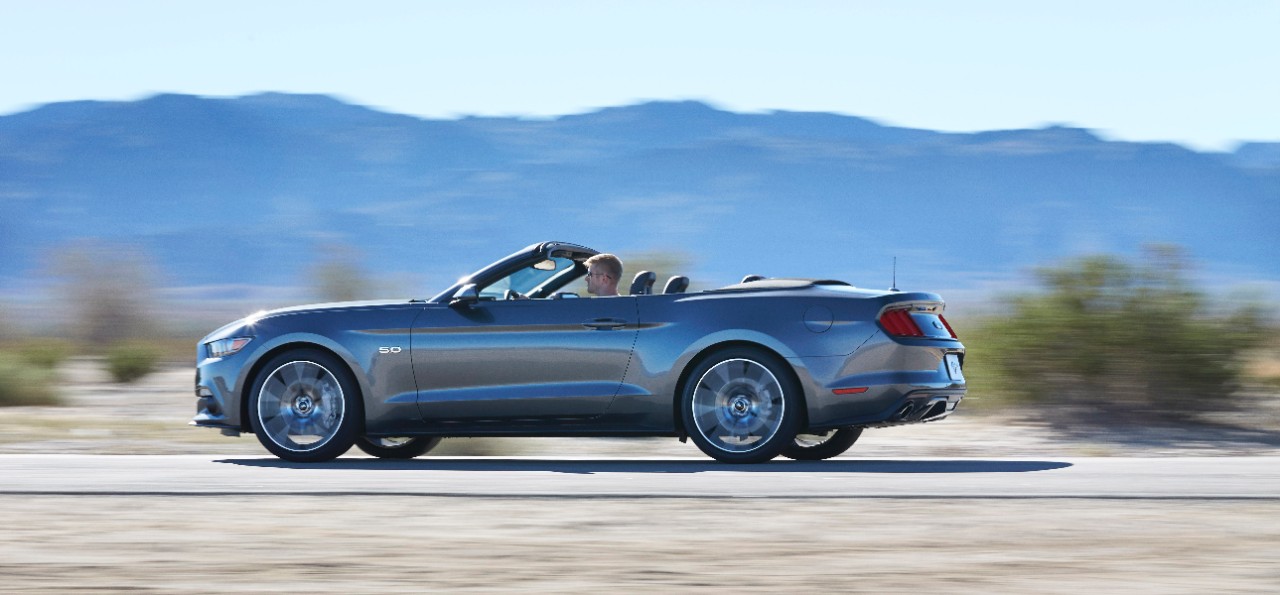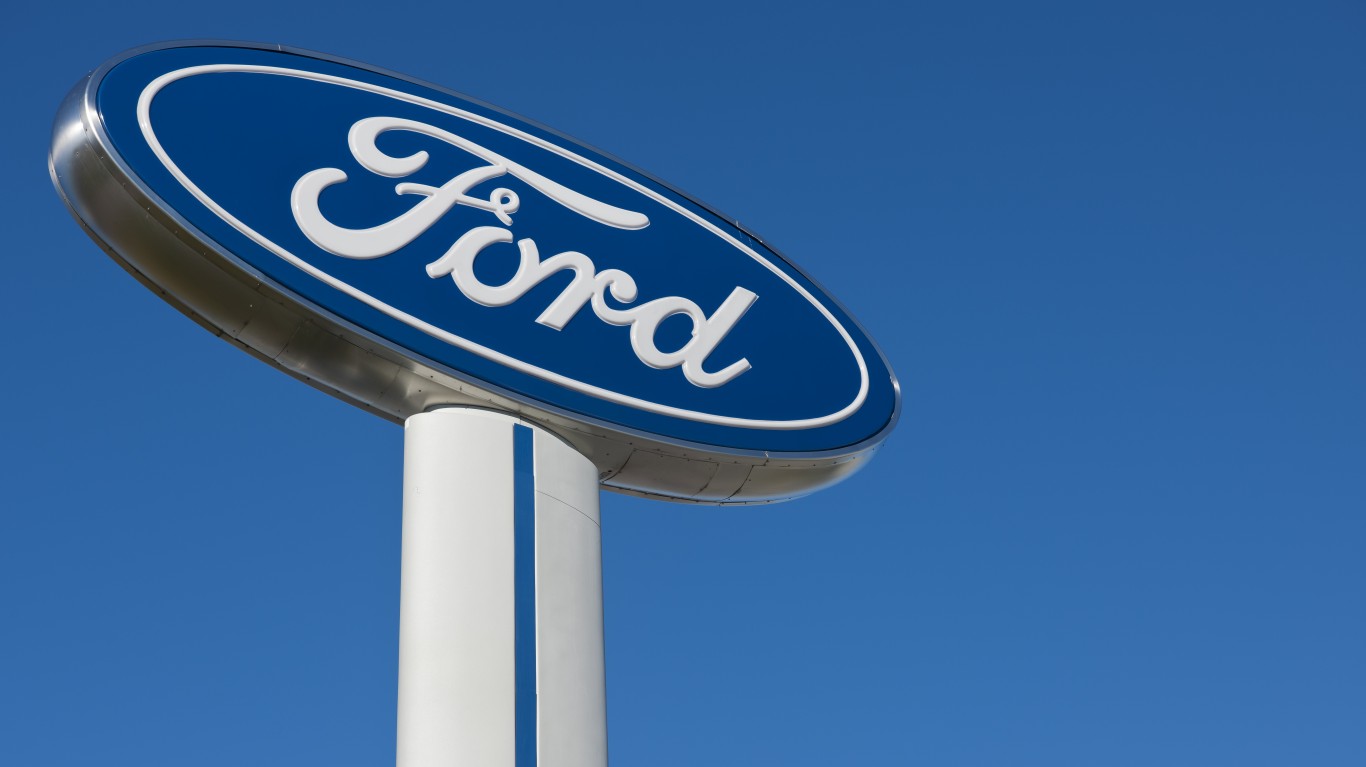How frightened are car companies of public opinion, personal liability suits, the National Highway Traffic Safety Administration and Congress? Frightened enough to recall cars they might not have in the past, or ones might have waited to recall to see if they could handle repairs quietly? Yes, they are freighted enough.
General Motors Co. (NYSE: GM) has recalled, by most counts, 13 million cars this year. The switch defects on many of them have caused more than a dozen deaths. That figure keeps rising. The recalls have made GM set aside $1.7 billion. And that number may be modest compared to what will be paid if personal liability suits have any success against the formerly bankrupt company, or if the federal government puts pressure on American’s largest car manufacturer to do the right thing.
ALSO READ: The Most Misleading Product Claims
Ford Motor Co. (NYSE: F) just recalled 1.3 million cars and light trucks because of potential steering defects. That brings its recall number for 2014 to just shy of 2 million. Nissan and Toyota Motor Corp. (NYSE: TM) also have disclosed large recalls this year.
Car companies have found it dangerous to wait to disclose safety problems. Toyota CEO Akio Toyoda was punished by Congress in early 2010 after the firm was slow to recall approximately 6 million cars. Drivers said they confronted dangerous acceleration problems. Toyoda took the public thrashing. That baton was passed to GM CEO Mary Barra last month. Her visits to Washington are not over.
What does earlier disclosure of defects mean to car companies? For one, it may mitigate liability suits. Accusations of cover-ups lose some of their steam. Potential customers are less likely to ask if they might drive a car with dangerous defects. Brand equity gets protected. The federal government probably is less likely to levy huge fines. Auto company senior managements can run their companies instead of engaging in months of damage control.
ALSO READ: The Most Damaged Brands
The year of large recalls has months to go. And car companies are ever more likely to announce recalls faster, and perhaps for less dangerous problems, than they have in the past.
Get Ready To Retire (Sponsored)
Start by taking a quick retirement quiz from SmartAsset that will match you with up to 3 financial advisors that serve your area and beyond in 5 minutes, or less.
Each advisor has been vetted by SmartAsset and is held to a fiduciary standard to act in your best interests.
Here’s how it works:
1. Answer SmartAsset advisor match quiz
2. Review your pre-screened matches at your leisure. Check out the advisors’ profiles.
3. Speak with advisors at no cost to you. Have an introductory call on the phone or introduction in person and choose whom to work with in the future
Thank you for reading! Have some feedback for us?
Contact the 24/7 Wall St. editorial team.




